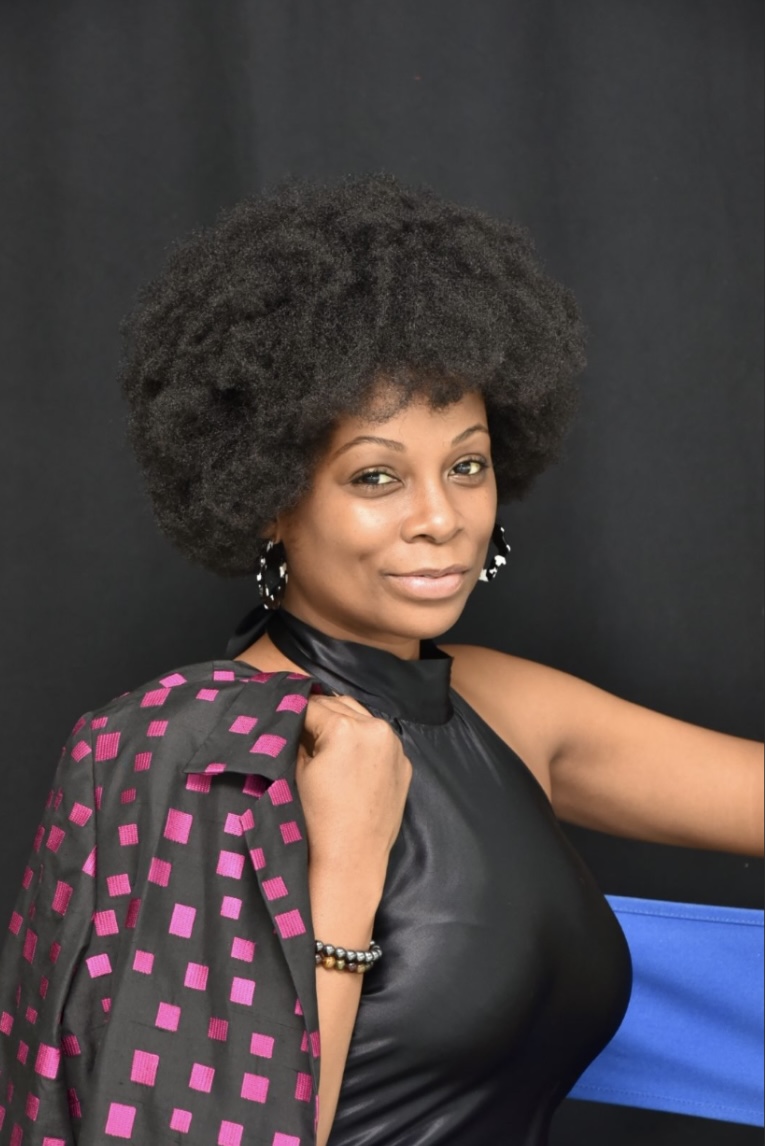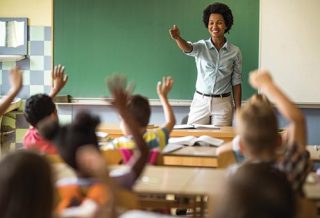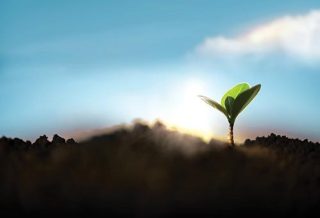FOCUS
To thrive, students need a ‘homeplace’ at school
By Shatera Weaver
Categories: Reaching all students, Social & emotional learningAugust 2021
Read the remaining content with membership access. Join or log in below to continue.
Sed ut perspiciatis unde omnis iste natus error sit voluptatem accusantium doloremque laudantium, totam rem aperiam, eaque ipsa quae ab illo inventore veritatis et quasi architecto beatae vitae dicta sunt explicabo. Nemo enim ipsam voluptatem quia voluptas sit aspernatur aut odit aut fugit, sed quia consequuntur magni dolores eos qui ratione voluptatem sequi nesciunt. Neque porro quisquam est, qui dolorem ipsum quia dolor sit amet, consectetur, adipisci velit, sed quia non numquam eius modi tempora incidunt ut labore et dolore magnam aliquam quaerat voluptatem.
Student feedback
Here are student responses on a survey given to gather feedback in February 2021.
Anything you’d like to say or ask about BAM!?
- I love it, and i will continue to be consistent and keep joining every friday ;3
- It’s pretty valid, more or less like an escape for me.
- Can I plz be a co leader for the Club!!! It would be a great experience.
- Well I hope I become a leader, if only this is the one time I have stepped forward yo lead something because I believe in it.
- l This Group is great l This group is really chill and I actually look forward to coming here every week 😀
Staff reflections
6th grade
In Cities expedition students are investigating who has access to green spaces and who doesn’t. They are learning the historical factors and systemic racism that created these conditions today. They are designing plans to address this inequity. There is also opportunity to connect this local example to what’s happening in the country and world.
In Decision 2020, we also studied voting rights as a part of the case study, specifically addressing racism historically and today.
7th grade
7th Grade Science brought in experts for our PANDEMIC case study. We had doctors who worked on the frontlines come to speak with and answer questions about their experiences. Students were amazing and so engaged.
Favorite Moment: X asked Dr. Pean, a Haitian/Mexican American, if he felt a sense of belonging when going through school/work. He then shared his experience and encouraged all students to pursue their goals regardless of the “norm.” It was beautiful and amazing. <3
9th grade
In our Spring expedition, we planned a kickoff experience in which students engaged with a poem “The Tradition” by Assata Shakur. Students examined the message of the poem, which focuses on the legacy of Black resistance. Our Expedition, “Carry It On” aims to continue this exploration of resistance and revolution culminating with students joining existing resistance movements.
11th grade
During our expedition class, we used the lens of access. This has allowed for deeper conversations than we’ve had in the past. It set a good tone for discussions for our classes throughout the year.
We specifically looked at access to SATs, redlining, disability rights, financial access. Students made personal connections, but we also talked about it on a bigger level.
References
Allen, K.-A. (2021). The psychology of belonging. Routledge.
hooks, b. (1990). Yearning: Race, gender, and cultural politics. South End Press.
Love, B.L. (2019). We want to do more than survive: Abolitionist teaching and the pursuit of educational freedom. Beacon Press.
Simmons, D. (2019). Why we can’t afford whitewashed social-emotional learning. ASCD Education Update, 61(4). www.ascd.org/publications/newsletters/education_update/apr19/vol61/num04/Why_We_Can’t_Afford_Whitewashed_Social-Emotional_Learning.aspx
Tatum, B. (1997). Why are all the Black kids sitting together in the cafeteria? BasicBooks

Shatera Weaver (sweaver@metropolitanels.com) is dean of culture at the Metropolitan Expeditionary Learning School in Forest Hills, New York.
Categories: Reaching all students, Social & emotional learning
Recent Issues
NAVIGATING NEW ROLES
April 2025
Whether you’re new to your role or supporting others who are new,...
LEARNING DESIGNS
February 2025
How we learn influences what we learn. This issue shares essential...
BUILDING BRIDGES
December 2024
Students benefit when educators bridge the continuum of professional...
CURRICULUM-BASED PROFESSIONAL LEARNING
October 2024
High-quality curriculum requires skilled educators to put it into...











